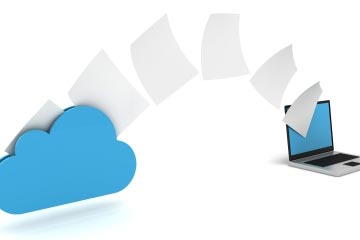Nowadays, it’s rare to find a company that doesn’t rely on some type of cloud environment for storing and sharing data. Without it, modern business operations would struggle to function. Following the global pandemic in 2020, remote work proved to be a practical alternative to being physically present in the office. Many employees continue to prefer flexible work arrangements, while those who returned to offices still rely heavily on the online collaboration tools they mastered during that period. However, these useful tools come with their own security challenges.
What can go wrong with cloud file sharing?
Information security specialists often approach file storage and sharing platforms with caution — and for good reason. Even legitimate tools can be misused as attack vectors against a company’s systems.
Before implementing a cloud file-sharing solution, it’s important to understand the risks, especially when users tend to assume that files coming from the corporate environment are automatically safe. Even officially approved platforms are not immune to malicious files. Here are some ways threats can slip in:
- Employee mistakes. Both new and experienced staff can be tricked into uploading a malicious file from an email or other source. Sometimes employees may share suspicious files on cloud storage simply to get feedback from colleagues.
- Improper use of storage. Historically, employees shared personal files — games, freeware, or non-work documents — over local networks. Even now, some continue similar habits on corporate cloud platforms. While a strict ban might seem like a solution, it often drives employees to use uncontrolled external platforms, leaving risks unmanaged.
- Malware propagation. Attackers who gain access to an employee’s device can use cloud storage to spread malicious files, amplifying their reach.
- Malicious intent. Disgruntled former employees may try to harm colleagues or the company by placing malware in shared storage.
